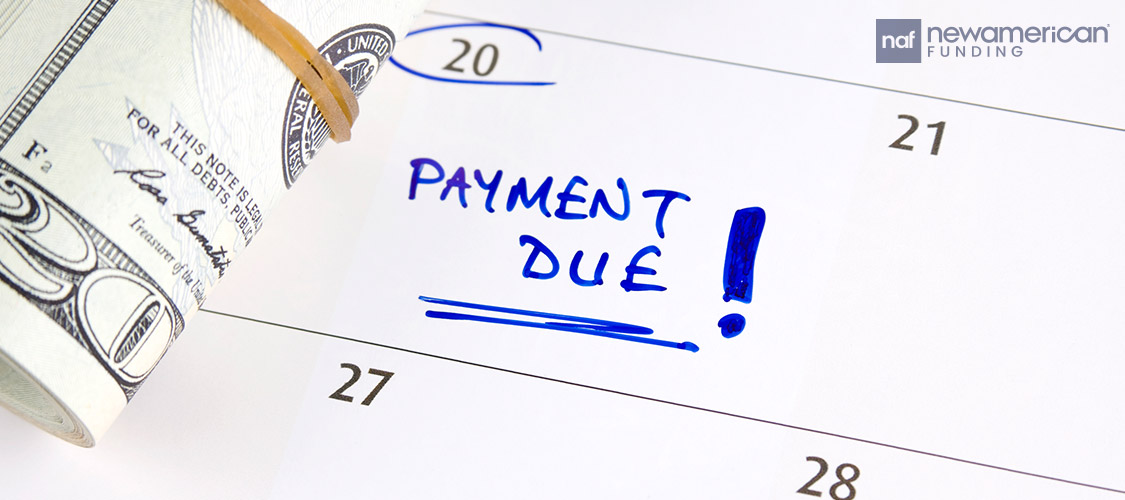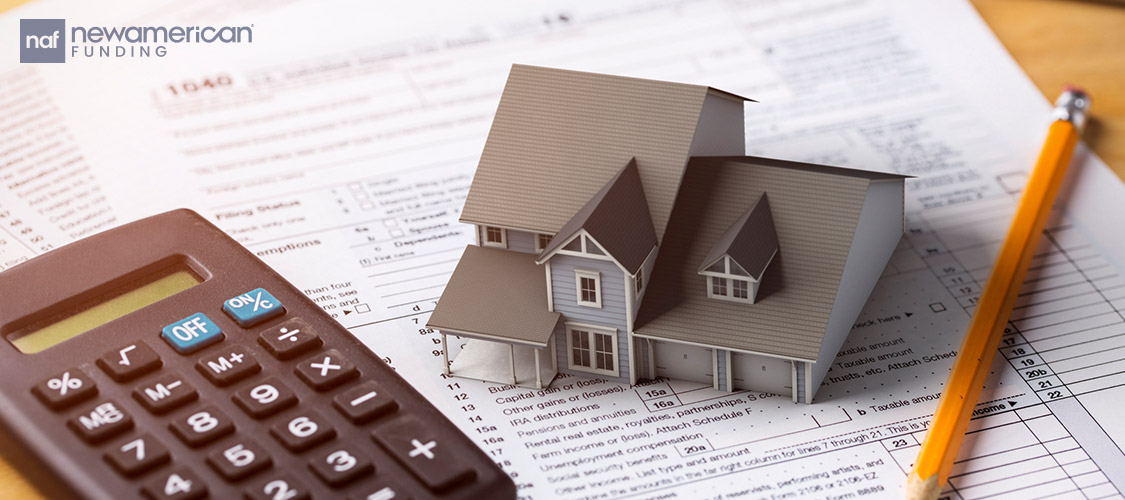Homeowners
Slash Your Mortgage: Strategies to Pay Off Your Home Loan Faster and Save Big
July 12, 2024
Josh Katz bought his first home—a four-bedroom, three-bath in Cleveland, Ohio—when he was 27, with a 30-year fixed-rate conventional loan. His goal was to pay off his mortgage early.
He did it in just 12 years.
"The first step was setting a clear, ambitious goal: to pay off my mortgage within 15 years instead of the traditional 30-year term," said Katz, now 39, an accountant and founder of Universal Tax Professionals. "This required a ton of discipline, strategic financial planning, and some sacrifices along the way."
Many homeowners may not realize they can pay off their mortgage early—and doing so can potentially save them thousands, if not tens of thousands, of dollars. This can add up to quite a bit of money over time. It may also help them to build the equity they own in their homes.
"There are lots of different strategies," said Realtor.com Chief Economist Danielle Hale. "If you decide to make a move and sell, you'll have more money you can use in a future transaction."
Understanding mortgage basics to help borrowers pay their loans off earlier
A mortgage has two main components: the principal and the interest.
Mortgage principal is how much a homeowner still owes on their mortgage. Mortgage interest is how much a lender charges borrowers for loaning them that money.
By making additional mortgage payments to lower the principal, a borrower can reduce the total amount owed more quickly.
This, in turn, lowers the interest on the loan. That is because interest is calculated based on the remaining principal. The smaller the principal, the less interest they owe over the life of the loan.
For example, a typical $300,000 30-year, fixed-rate mortgage with a 7% mortgage interest rate may cost borrowers more than $418,500 in interest over 30 years.
That is more than double the original loan amount.
Savvy strategies on how to pay a mortgage off early

Make biweekly mortgage payments
One of the simplest ways to pay off a mortgage faster is by increasing the frequency of payments, such as making them biweekly.
Switching to biweekly payments instead of one per month results in 26 half-payments. That totals 13 full monthly payments instead of 12.
Depending on loan terms, switching to biweekly payments can save thousands in interest and reduce a home loan by several years.
A homeowner who made biweekly payments on that same $300,000 loan with a 7% mortgage rate could potentially shave about $100,000 off the interest owed. This could also shorten the life of the loan by about six years.
If a lender doesn't offer a biweekly payment option, a borrower can achieve similar results by making one extra payment each year. This can be done all at once or by adding 1/12 of a payment to the regular monthly amounts.
This is one strategy Katz used when paying off his loan.
"[This] significantly reduced the principal balance, and, in turn, the interest paid over the life of the loan," he said.
Round up mortgage payments

Rounding up a mortgage payment may make a big difference over the life of a loan. If a mortgage payment is $1,450 per month, rounding up to $1,500 can shorten the loan term and save money over time.
If increasing the amount feels challenging, start with whatever is comfortable.
Use extra cash wisely

Unexpected money can be a powerful tool in helping homeowners pay off their mortgage.
For example, applying a tax refund directly to the mortgage principal instead of spending it will shorten the loan and save money on interest.
"Whenever I received a bonus, tax refund, or unexpected windfall, I applied a portion of it directly toward the mortgage principal," said Katz.
"Determined to pay off my mortgage early, I allocated income from my side hustle as a ski instructor towards my payments. This allowed me to make extra," said Tim Hasting, 52, general manager of Top Rated Law. "I bought a four-bedroom family home in Ohio, Texas in 2001 at 30. By the 21st year, I had paid off my mortgage and could focus on retirement savings."
Borrowers can refinance their mortgages strategically
Refinancing from a 30-year to a 15-year mortgage may cut interest costs.
While monthly payments will be higher, borrowers will build equity faster. Plus, they will own their home outright in half the time.
The challenge is that many homeowners who have low mortgage rates may not want to refinance into a much higher rate. These borrowers may want to wait until mortgage rates come down.
Leveraging technology for added savings
Using technology may also help borrowers reduce their mortgage balance, one purchase or coffee at a time. There are apps that provide features that round up everyday purchases to the nearest dollar and apply the difference to savings or debt payments.
For example, if a user buys a coffee for $6.50, an app may round up to $7. Then it puts $0.50 toward the user's mortgage.
Borrowers can also set up automatic transfers to coincide with their paydays. Even small amounts like $25 or $50 per paycheck can make a significant difference over time.
What to consider before making additional mortgage payments

Before getting hyper-focused on being mortgage-free, borrowers should consider a few things before trying the above strategies.
First, homeowners should prioritize paying off high-interest debts and building up emergency savings before making extra mortgage payments. The goal is to avoid being charged costly interest charges and make sure they are prepared financially if something unexpected—and expensive—happens.
Borrowers should verify with the lender that there are no prepayment penalties or restrictions for paying off their mortgages early.
For some homeowners with very low mortgage rates, it may not make sense to make extra payments.
"You could put your money in the bank and earn more in interest than some people have in a mortgage rate," said Realtor.com's Hale.
However, paying off a mortgage early may help some homeowners to achieve their financial goals.
"Adopting a frugal mindset allowed me to allocate more of my income towards reducing my debt," said accountant Katz.







 Smart Moves Start Here.
Smart Moves Start Here.